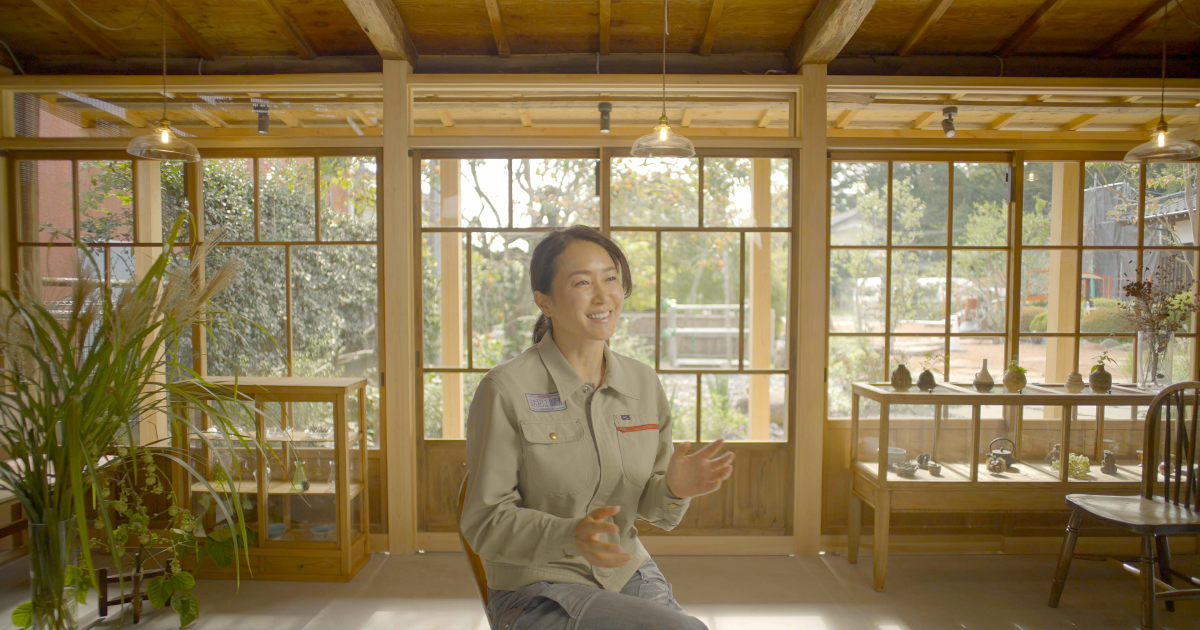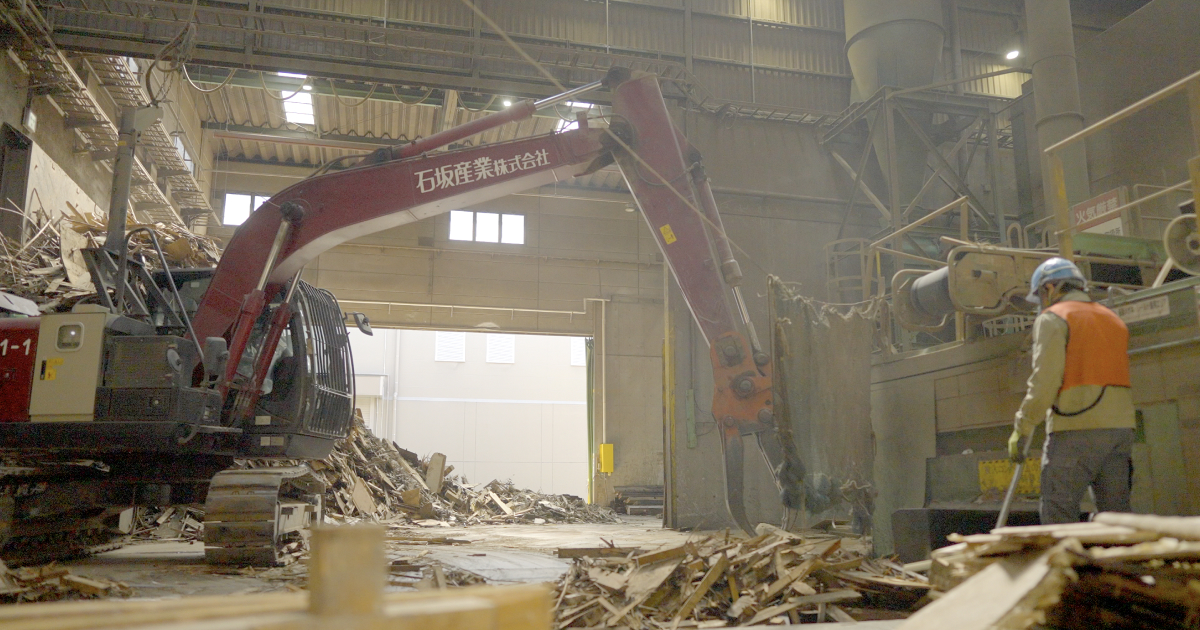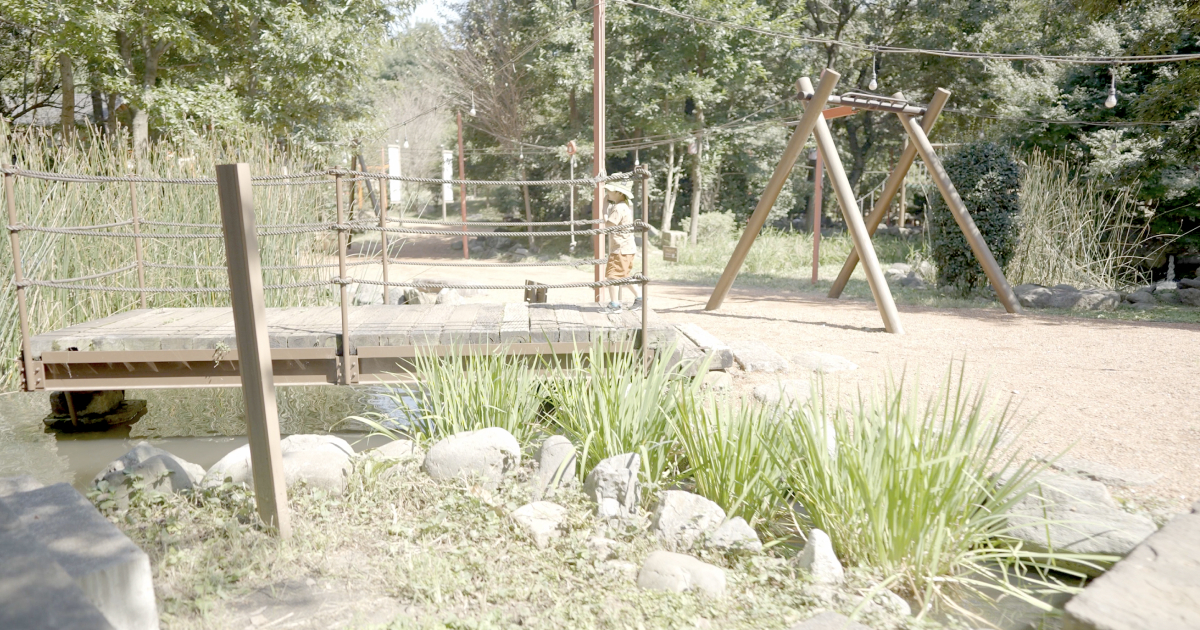As part of our content series, The Future We Must Create, we spoke to three signatories based in Asia-Pacific and worked with local artists to bring their vision of a better future to life. For Ishizaka Inc., a better future is where all of society lives in harmony with nature, and where there is zero waste.
Ishizaka Inc. was founded by Yoshio Ishizaka back in 1967 as a construction and demolition (C&D) waste treatment company in Japan. Today, the company is helmed by Yoshio’s daughter Noriko Ishizaka, who has been instrumental in transforming the family business from a single truck operation to an exemplary organization achieving gold standards in C&D waste treatment, including a volume reduction and recycling rate of 98%.





